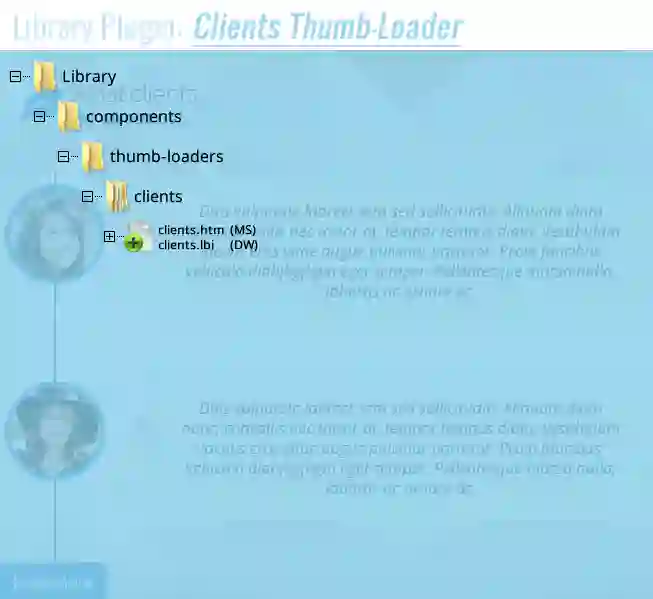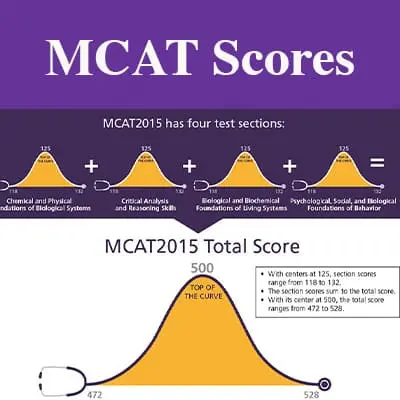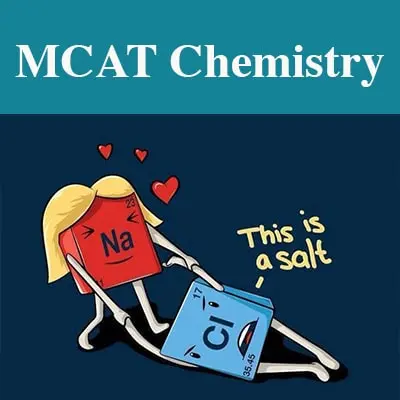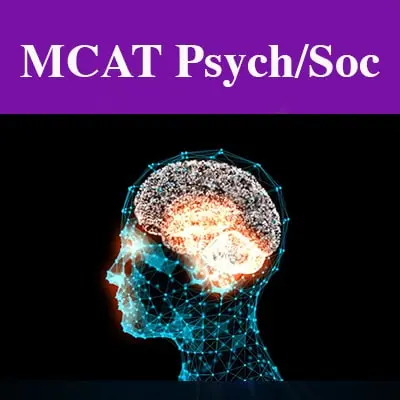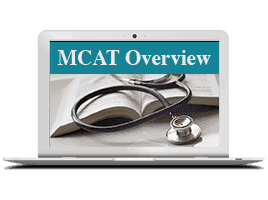
The New MCAT® Exam
In 2015, the MCAT® was updated to the new version of the test. The new MCAT has more tested topics. There are now three additional semesters’ worth of material in college-level biochemistry, introductory psychology, and introductory sociology, increasing the number of prerequisite classes from eight to eleven. Passages will also emphasize integrating topics, with general chemistry, physics, and biochemistry (for instance) all appearing within the same passage!
The new version of the MCAT® is almost double the length compared to the old version. You’ll face 230 questions over 6 hours and 15 minutes on the new MCAT®. Each science section will contain ten passages with 4 to 7 questions each and 15 stand-alone questions. The CARS section has nine passages with a total of 53 questions.
MCAT® scores: You will receive five scores from your MCAT® exam: one for each of the four sections and one combined total score. Each of the four sections is scored from a low of 118 to a high of 132, with a midpoint of 125. Your total score is the sum of your four section scores and, therefore, will range from 472 to 528. The midpoint is 500.
Biological & Biochemical Foundations of Living Systems Section

The Biological & Biochemical Foundations of Living Systems section of the MCAT is 95 minutes long and contains 59 multiple-choice questions. This section asks you to combine your knowledge of foundational biological and biochemical sciences concepts with your scientific inquiry, reasoning, and research and statistics skills to solve problems that demonstrate readiness for medical school.
Understanding the processes unique to living organisms, such as growing and reproducing, maintaining a constant internal environment, acquiring materials and energy, sensing and responding to environmental changes, and adapting, is important to the study of medicine.
You will be tested on your knowledge of how cells and organ systems within an organism act independently and in concert to accomplish these processes, as well as your ability to reason about these processes at various levels of biological organization within a living system. Click for more details.
Critical Analysis & Reasoning Skills (CARS) Section

The CARS section of the MCAT® is 90 minutes long and contains 53 multiple-choice questions. This section includes passages from various disciplines in the social sciences and humanities, followed by questions that lead you through comprehending, analyzing, and reasoning about the material you have read.
Specific knowledge of these disciplines is not required for this section; all the information you need appears in the provided passages. The areas from which content is drawn are ethics and philosophy, cultural studies, and population health. Click for more details.
Psychological, Social, & Biological Foundations of Behavior Section
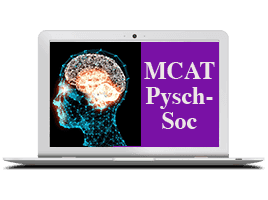
The Psychological, Social, & Biological Foundations of Behavior section of the MCAT is a 95-minute section containing 59 multiple-choice questions. This section tests your knowledge and use of the concepts in psychology, sociology, biology, research methods, and statistics that provide a solid foundation for learning in medical school about the behavioral and socio-cultural determinants of health and health outcomes.
Understanding the behavioral and socio-cultural determinants of health is important to the study of medicine.
You will be tested on your knowledge of how psychological, social, and biological factors influence perceptions and reactions to the world; behavior, and behavior change; what people think about themselves and others; the cultural and social differences that influence well-being; and the relationships between social stratification, access to resources, and well-being. Click for more details.
Chemical and Physical Foundations of Biological Systems Section

The Chemical and Physical Foundations of Biological Systems section of the MCAT® is a 95-minute section containing 59 multiple-choice questions. This section asks you to combine your knowledge of foundational chemical and physical sciences concepts with your scientific inquiry, reasoning, and research and statistics skills to solve problems that demonstrate readiness for medical school.
Understanding the mechanical, physical, and biochemical functions of tissues, organs, and organ systems is important to the study of medicine.
You will be tested on your knowledge of the basic chemical and physical principles that underlie the mechanisms operating in the human body and your ability to apply an understanding of these general principles to living systems.
Click for more details.




